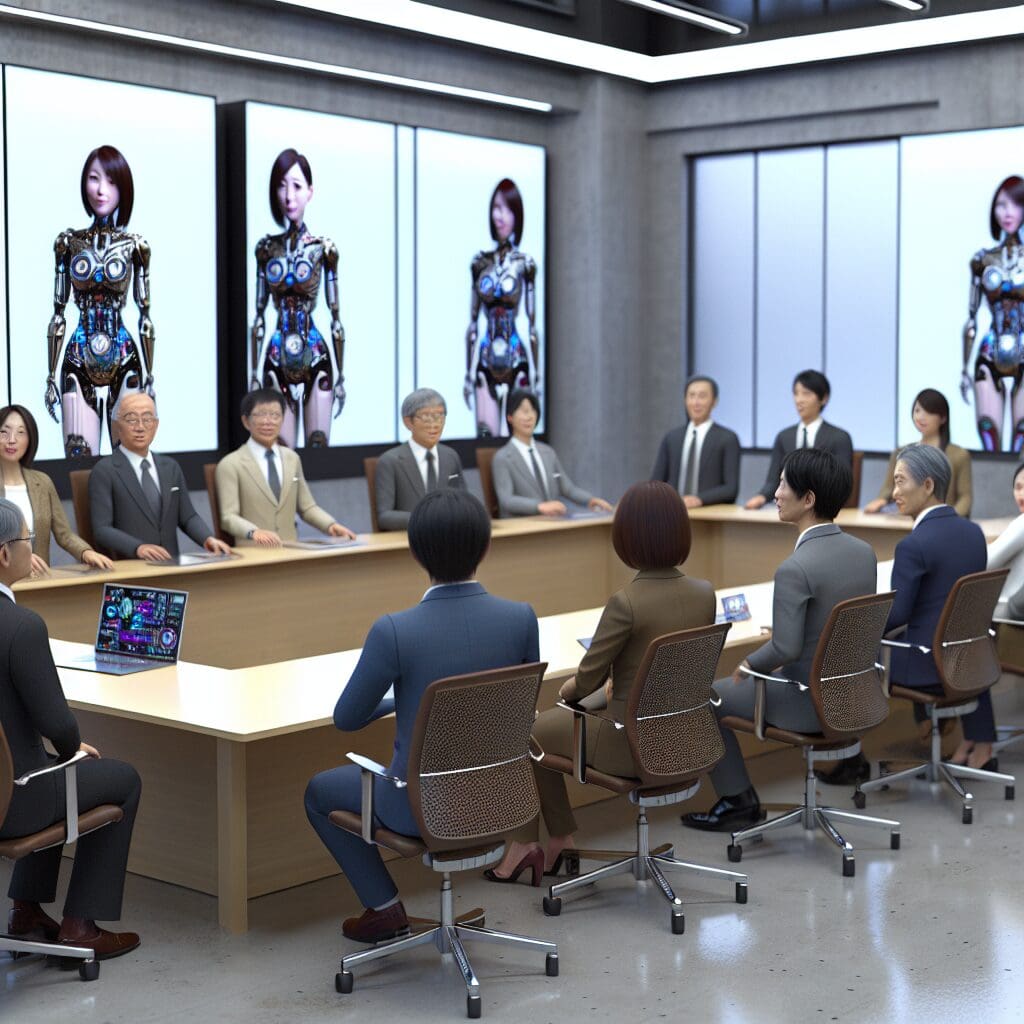Only a small percentage of Japanese firms are adopting generative AI technology, despite its significant potential for enhancing productivity and creativity. A recent survey of 4,705 small and medium-sized enterprises (SMEs) revealed that only 17.3% have integrated generative AI solutions, while 26.8% are contemplating it. Alarmingly, nearly half of the respondents, 48.4%, indicated no plans to implement such technologies.
Concerns surrounding generative AI stem from various factors, including data privacy issues, the potential for job displacement, and the need for substantial infrastructure investments. Many companies appear hesitant, citing a lack of understanding and resources to effectively leverage this technology. A notable example is a small manufacturing firm that reported skepticism about the reliability of AI-generated outputs. This resistance can hinder competitiveness in an increasingly automated marketplace.
Conversely, global tech giants and innovative start-ups continue to push the boundaries of AI applications, outperforming traditional firms that lag behind in technology adoption. The divide highlights a critical opportunity for Japanese businesses to reassess their strategies and consider generative AI not merely as a tech trend but as a crucial element for future growth.
Investing in generative AI can enable companies to streamline operations, enhance customer experiences, and innovate product offerings. As competition heats up internationally, Japanese companies need to shed their reservations and adapt to stay relevant. The future of business will likely favor those who leverage technology to gain a competitive edge.












